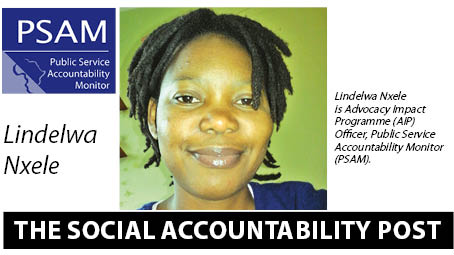By LINDELWA NXELE
Outspoken citizens expressed indignation at the ‘no confidence’ outcome. Among others, there was relief that President Zuma was not removed from office.
A message in one of my WhatsApp groups read, “Amen… hallelujah… siyabonga Nkosi… This would have been a taboo to our nation. Ngabe kuqhuma ithayi phezukomuntu omnyama now (By now we would be witnessing black people being burnt alive with a tyre around their head).”
Some feared civil war; others were always confident the President would remain.
Why protest if change isn’t possible? Why not just be grateful for whatever we get?
Our systems condition us into believing change is not possible: such perceptions are mistaken and dangerous.
Because things do change, whether we drive them or not. That’s why it’s best to direct it: if you don’t, others will take the steering wheel.
President Zuma remains today – but like everything else, change will come for him eventually. The question is how not President Zuma, but we as citizens, will deal with that change.
Change doesn’t always mean progress. In South Africa we moved from an oppressive state to one corrupt and elusive. We can easily replace President Zuma with another unsuitable candidate.
How do we ensure South Africans are ready for the change we want to see?
- Lindelwa Nxele is the Advocacy Impact Programme Officer, Public Service Accountability Monitor (PSAM).


